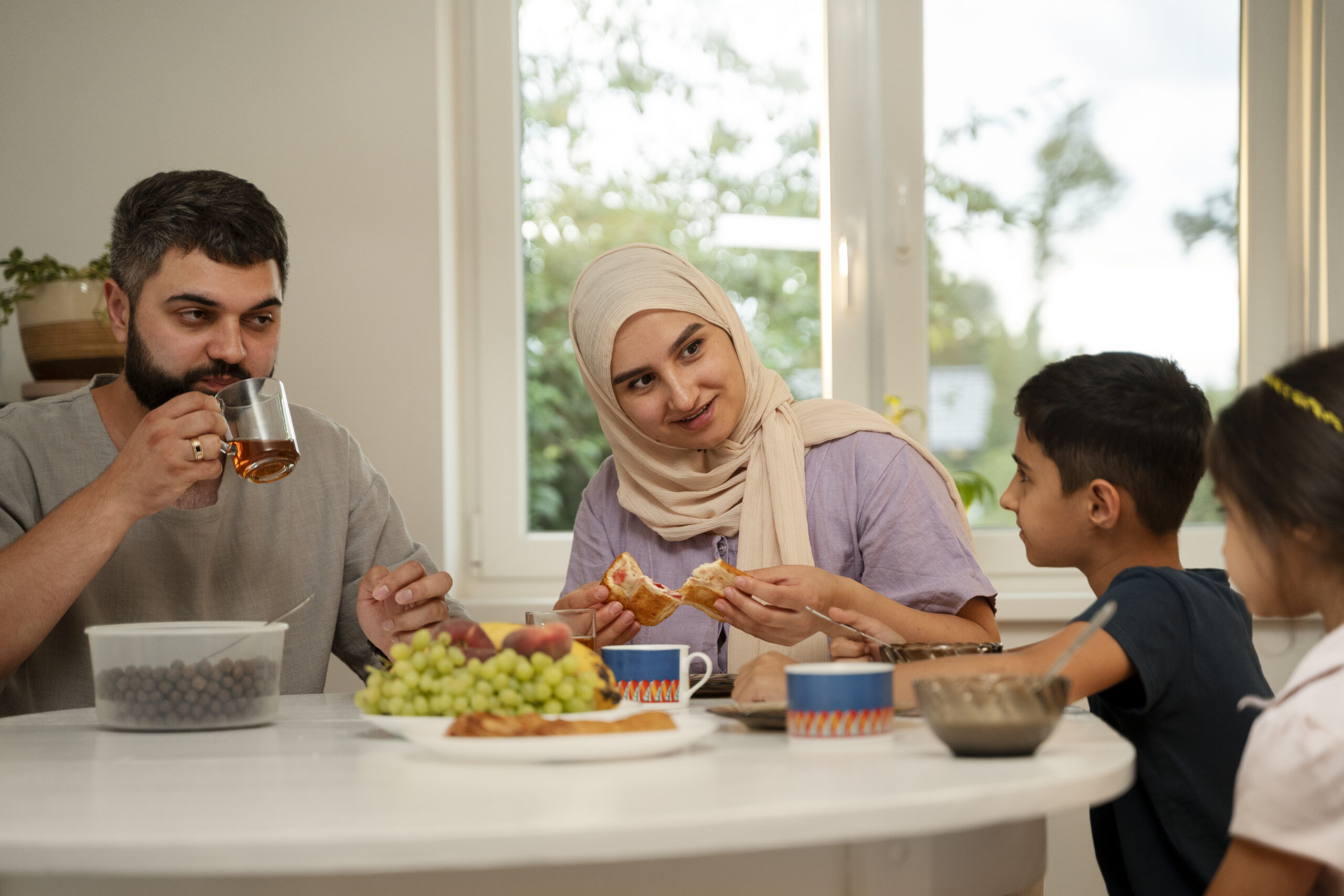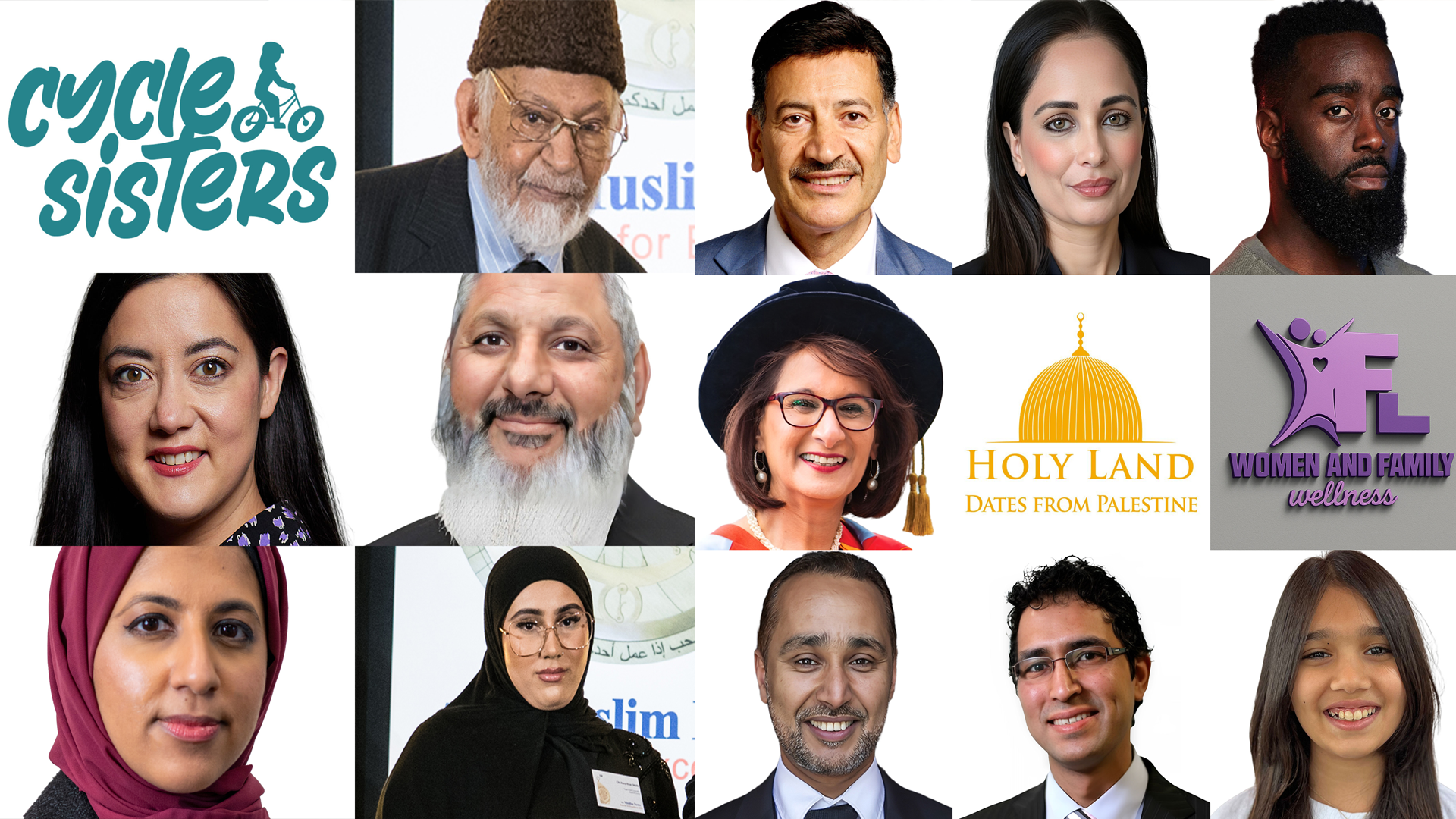
Nadine Osman
A new report highlights the crucial role British Muslim families play in preventing family breakdown through a strong culture of kinship and community-based care—saving the state an estimated £223 million annually.
Published by the research group Equi, the report titled Faith, Family and the Care System: A Missed Connection? reveals that British Muslims are significantly more likely than the general population to care for children within their own families. Nearly 70% of Muslims in Britain feel a strong personal responsibility to look after children in need among their immediate and extended family, compared to just 55% of the wider public.
According to 2021 Census data, over 5,500 British Muslim children live in kinship care households. This form of care prevents many children from entering the formal care system and saves the UK government at least £223 million each year.
The report attributes this to the strong family values prevalent in British Muslim communities, which help keep children out of care. Although Muslim children represent around 10% of under-18s in England, they make up less than 5% of those in the care system. This disparity highlights strong family ties but also points to a failure of public services to properly recognise and support faith-driven care efforts.
Drawing on extensive new polling conducted with Savanta, along with interviews and case studies from across the UK, the report finds that while ethnicity and culture are often considered in care placement decisions, faith is systematically overlooked. This neglect has damaging effects on children, carers, and social cohesion in the long term.
“Faith isn’t just a personal belief for many children; it’s a source of identity, resilience, and stability. Our care system needs to reflect that,” said Professor Javed Khan OBE.
Despite a strong interest among British Muslims to foster, many feel discouraged. The report finds that Muslims are over 60% more likely than others to consider fostering, yet nearly as many express concerns about discrimination during the process. Those who do become carers often face cultural misunderstandings and a lack of placements where their faith is respected—making it difficult to provide the nurturing environment children need.
The challenges continue after children leave care. Young people from faith backgrounds often find themselves isolated, disconnected both from the care system and their wider communities. The report calls for greater investment in mentoring programmes and housing options that recognise faith as a stabilising force during the transition to adulthood.
To make the care system more just and inclusive, the report recommends that the government record faith heritage alongside ethnicity in care records, consider faith in placement decisions to ensure children’s identities are respected and supported, and incorporate faith literacy training into social worker education. It also urges partnering with faith-based charities to recruit and support more carers, as well as investing in faith-sensitive transitional housing and mentoring programmes for care leavers.
“This report isn’t just about British Muslims—it’s about the 40% of children for whom faith forms part of their identity,” Professor Khan explained. “It’s not about introducing faith into policymaking ideologically, but about recognising lived realities. Ignoring faith harms vulnerable children’s sense of belonging and increases instability in care placements. The system must become more inclusive, fair, and ultimately more effective.”
Photo: Strong family bonds help shield thousands of Muslim children from entering the formal care system in the UK. (Credit: Freepik/ArthurHidden)


